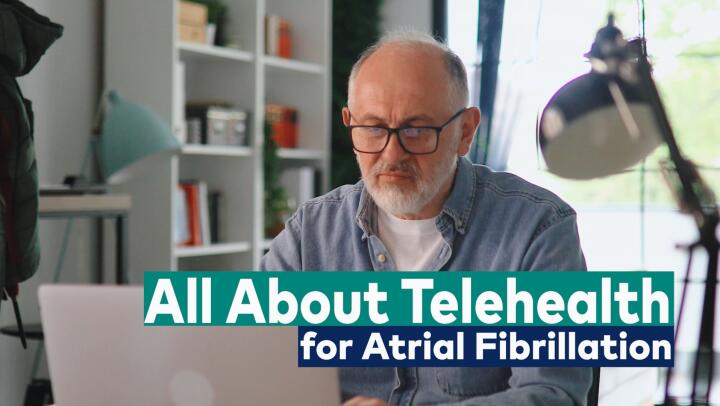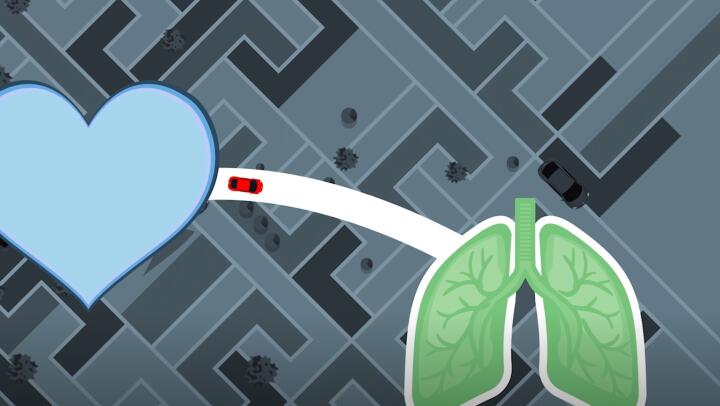
Atrial fibrillation certainly affects your heart. But, it may affect your mind as well. Research has linked the condition—sometimes called afib—with mental decline and dementia.
Your risk of developing afib increases with age, as do your chances of developing memory and thinking problems. But, people with afib may be more likely to experience mental decline faster. They could have trouble with certain mental tasks earlier in life than those who don’t have this type of irregularity with the speed or rhythm of their heartbeat. As a result, researchers wonder if there could be a link between afib and stroke, as well as afib and dementia.
No one knows for certain why afib has this effect on the mind. Here are three possible explanations:
Afib prevents the heart from contracting properly, which leads to lower blood flow from the heart. Blood could also pool in the heart. This can cause a clot to form. Clots that form in the heart might travel to the brain. They can block the brain’s blood supply and trigger a stroke. Very small clots may not cause symptoms right away. However, over time they can lead to brain damage. Even mild strokes can cause long-term damage.
People with afib are five times more likely to have a stroke than people who don't have the heart condition. Afib causes about 15% of all strokes.
Common thinking problems after a stroke include:
- Confusion
- Trouble carrying on a conversation
- Memory loss
- Problems with planning and problem-solving
- Reduced attention span
Having more than one stroke increases the likelihood that someone will experience mental decline.
Inflammation is the body's way of fighting off threats to your health. A simple example is the redness and swelling you see around a paper cut on your finger. But, inflammation can also lead to internal changes you can't see. It can affect organs like your heart and your brain. In some people, it may set the stage for afib.
Also, some people with afib have some of the same indicators of inflammation that people with mental decline and Alzheimer’s disease have. This has made some researchers wonder if there's a connection between having afib and the mental decline linked to inflammation. They're investigating whether early treatment of inflammation in the body can stop the development of afib, dementia or both.
Researchers have found that people with afib have smaller brains than people who don't have afib. The medical term for this is less brain volume. That's especially true for those with severe afib. This suggests afib may have a negative effect on the brain over time—even in people who never had a stroke. It will take more research to figure out whether maintaining a normal heart rhythm could keep the brain from shrinking and protect against dementia.




















